Expanding the Meaning of Ownership
Ownership is no more only regarding physical things. Utility NFTs enable one to get verifiable proof of ownership in digital and physical ways. Regarding events, there appear the NFT-based event passes having inbuilt security and resisting any chance of counterfeiting. Similarly, ownership of virtual land in metaverse platforms is authenticated through blockchain assets, ensuring clear rights and traceability.
This concept has also entered traditional industries. Real estate transactions now integrate NFTs to represent deeds, making processes faster and reducing paperwork. By using blockchain technology, both buyers and sellers can have confidence in the authenticity of ownership documents.
Real-World Use Cases of Utility NFTs
The versatility of utility NFTs has resulted in a wide range of applications. Below are some areas where they are making an impact:
|
Sector |
NFT Use Case |
Benefits |
|
Gaming |
In-game assets as NFTs |
Players can trade or sell items they truly own. |
|
Entertainment |
VIP access to events through NFT passes |
Enhanced fan engagement and exclusivity. |
|
Education |
Certificates and achievements recorded on the blockchain |
Verifiable credentials with global recognition. |
|
Secure storage and sharing of medical records |
Better privacy and easier access for patients. |
These examples highlight how utility NFTs go beyond simple ownership, providing users with tangible value in everyday situations.
Innovation in the Gaming World
The gaming industry has been quick to adopt NFT trends, blending entertainment with blockchain technology. Players can now buy, sell, and trade in-game assets that are tokenized as NFTs. These assets may include character skins, weapons, or even unique game worlds. Unlike traditional gaming items, blockchain ensures that these assets are owned by the players rather than controlled by developers.
This shift has also introduced new economic models. Play-to-earn games reward participants with NFTs or cryptocurrency, creating a direct link between gaming and income generation. Developers benefit too, as NFT-based items encourage player engagement and introduce new revenue streams.
Enhancing Digital Communities
Communities are also using NFTs to build stronger connections among members. By issuing utility NFTs, groups can offer exclusive perks like voting rights, content access, or early product releases. These tokens give members a sense of belonging while also allowing organizations to raise funds through token sales.
For example, creators use NFTs in many ways to connect with their audiences. A musician might publish a song in a limited edition as an NFT and thereby provide the buyers backstage access at concerts or private meet-and-greets. These interactions are changing the relationship between creators and their fans.
Challenges and Opportunities Ahead
While the progress in utility NFTs is impressive, challenges remain. High transaction costs on some blockchains may limit accessibility for smaller users. Additionally, the need for user-friendly platforms is greater than ever. Simplifying NFT creation and transfer processes will help more individuals and businesses embrace this technology.
Despite these hurdles, the future looks promising. As NFT trends continue to evolve, industries will likely discover even more innovative applications. Lower fees, faster transactions, and broader adoption could make utility NFTs a standard feature of digital interactions.
The Road Forward
In 2025, NFTs are no longer confined to art galleries or online marketplaces. Their potential is being realized across sectors, bringing convenience, transparency, and new possibilities. As people and businesses continue to explore these blockchain assets, utility NFTs are set to transform how we think about ownership and innovation in the digital age.



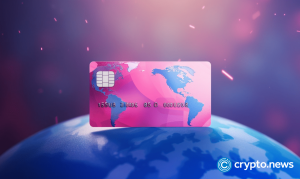









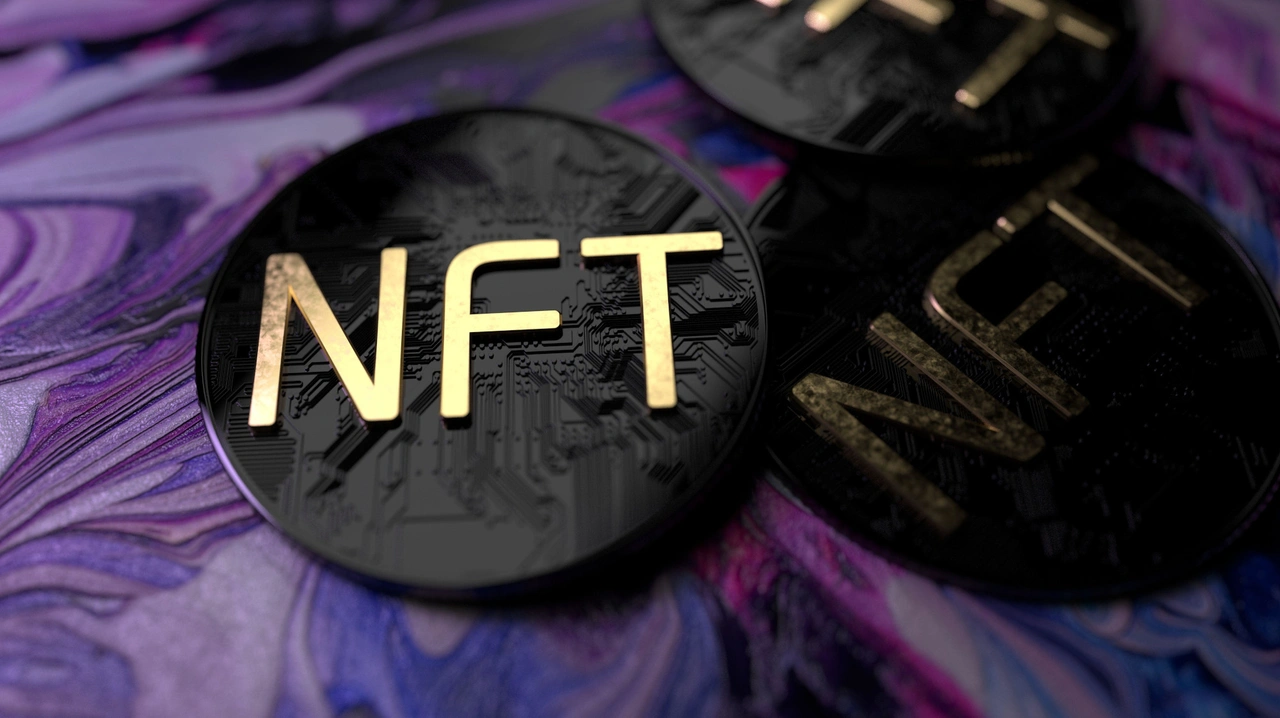
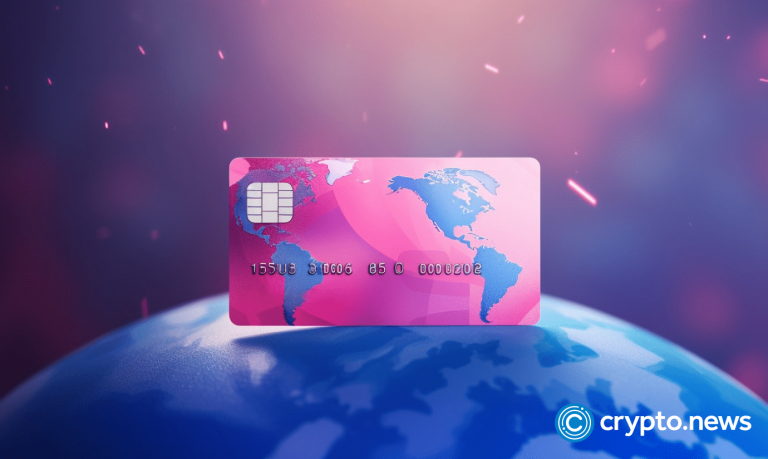
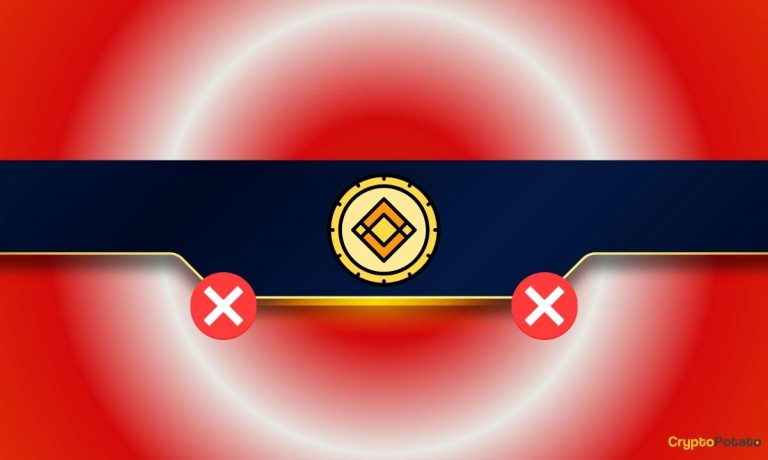


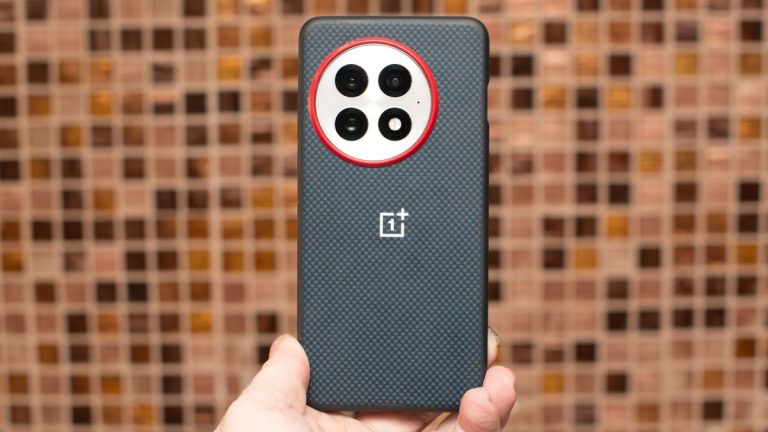







+ There are no comments
Add yours